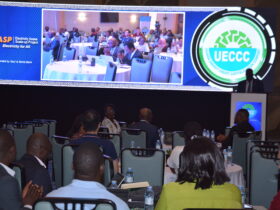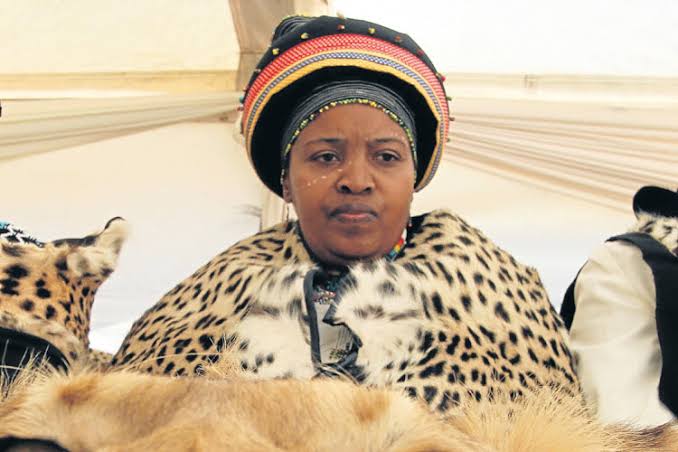JOHANNESBURG
A local queen in South Africa died due to COVID-19, her family confirmed Wednesday.
State broadcaster SABC reported that the AmaRharhabe royal family had confirmed the sudden passing of the regent queen, Noloyiso Sandile. She was 56.
The broadcaster said Sandile had been admitted at a hospital for COVID-19 related complications.
The deceased is a sister to the current Zulu monarch, King Goodwill Zwelithini. She was married to the AmaRarhabe King Maxhoba Sandile for over two decades until his death in 2011.
She was then made the regent queen until her son, Prince Jonguxolo Sandile, took over when he came of age.
“Our condolences to the House of Rharhabe,’’ Bantu Holomisa leader of the United Democratic Movement (UDM) party wrote in a tweet. Several others have also expressed their shock and sadness at the queen’s demise.
South Africa has 10 officially recognized kingdoms representing various ethnic groups whose leaders play largely ceremonial roles and settle minor disagreements.
A number of high ranking South Africans including politicians have contracted the disease and some have died as a result.
On Monday, Gordon Kegakilwe, a provincial member of the Executive Council responsible for cooperative governance, human settlement, and traditional affairs in the North West government, died due to COVID-19.
On Wednesday, a spokesman of the ruling African National Congress (ANC), Ricardo Mthembu died after contracting the disease.
The heads of government in the Western Cape Province and the North West also said this week they had contracted COVID-19.
South Africa has the highest number of COVID-19 infections in Africa with 215,855 cases. At least 3,502 people have died from the disease since the first death was reported in the country three months ago.
Officials are expecting an increase in infections, as the country is currently in the winter season. They have set up several field hospitals and isolation centers to deal with the anticipated surge.












